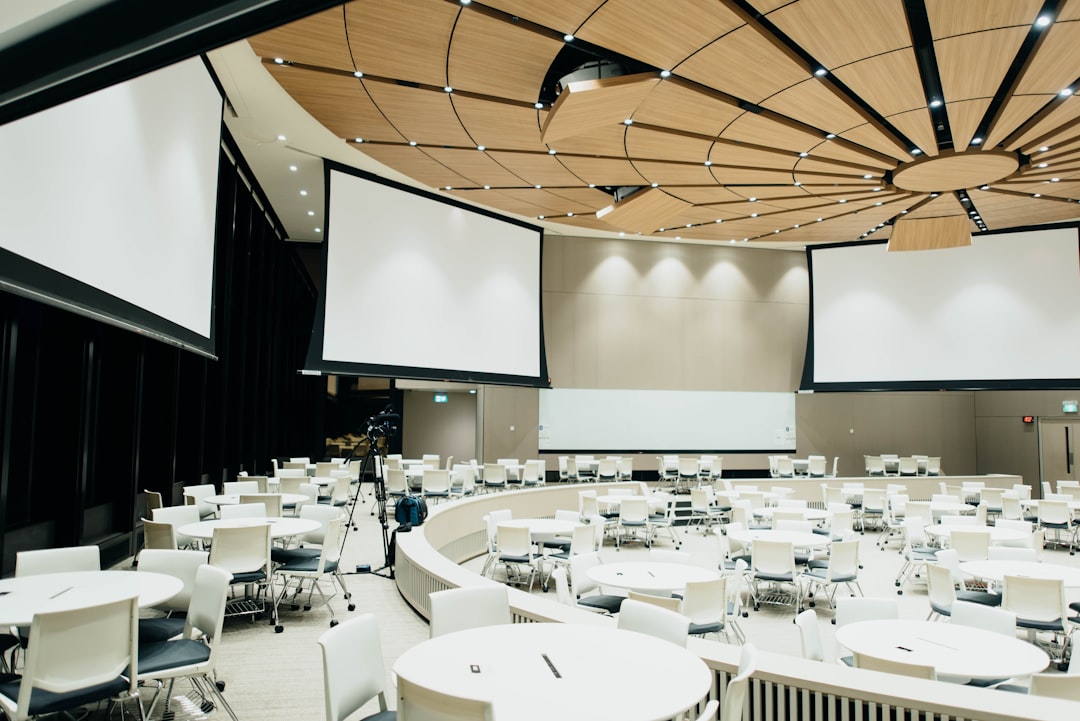The Art of Creating Memorable Events: A Guide to Successful Event Planning
Event planning is an intricate and rewarding process that involves meticulous attention to detail, creative thinking, and exceptional organizational skills. Whether you’re organizing a corporate conference, a wedding, a birthday party, or any other special event, the success of the occasion often hinges on how well it is planned and executed.
The first step in event planning is defining the purpose and scope of the event. This involves setting clear objectives, determining the target audience, and establishing a budget. Understanding the goals of the event is crucial as it will guide all subsequent decisions throughout the planning process.
Once the purpose is established, the next step is to create a detailed event plan. This plan should outline every aspect of the event, including the venue selection, catering, entertainment, decorations, and logistics. Attention to detail is key at this stage, as even the smallest oversight can have a significant impact on the success of the event.
One of the most important aspects of event planning is selecting the right venue. The venue sets the tone for the event and can greatly influence the overall experience of the attendees. Factors to consider when choosing a venue include the size of the space, location, amenities, and budget. It’s essential to visit potential venues in person to ensure they meet the requirements of the event.
Another critical component of event planning is coordinating with vendors and suppliers. This involves securing contracts, negotiating prices, and ensuring that all services are delivered as agreed upon. Building strong relationships with reliable vendors is key to ensuring a seamless and successful event.
Creativity plays a significant role in event planning, as it is essential to create a unique and memorable experience for attendees. From innovative themes and decor to interactive activities and entertainment, incorporating creative elements into the event can set it apart from others and leave a lasting impression on guests.
Effective communication is paramount in event planning, as it involves coordinating with various stakeholders, including clients, vendors, staff, and attendees. Clear and timely communication ensures that everyone is on the same page and that the event runs smoothly from start to finish.
On the day of the event, the event planner plays a crucial role in overseeing all activities and ensuring that everything goes according to plan. This involves managing the event timeline, troubleshooting any issues that may arise, and ensuring that guests are having a positive experience.
In conclusion, event planning is a dynamic and multifaceted field that requires a combination of creativity, organization, and attention to detail. By following a systematic approach, communicating effectively, and staying adaptable to change, event planners can create unforgettable experiences that leave a lasting impression on attendees. Whether you’re planning a small gathering or a large-scale event, the key to success lies in meticulous planning, creative thinking, and a passion for creating memorable experiences.
